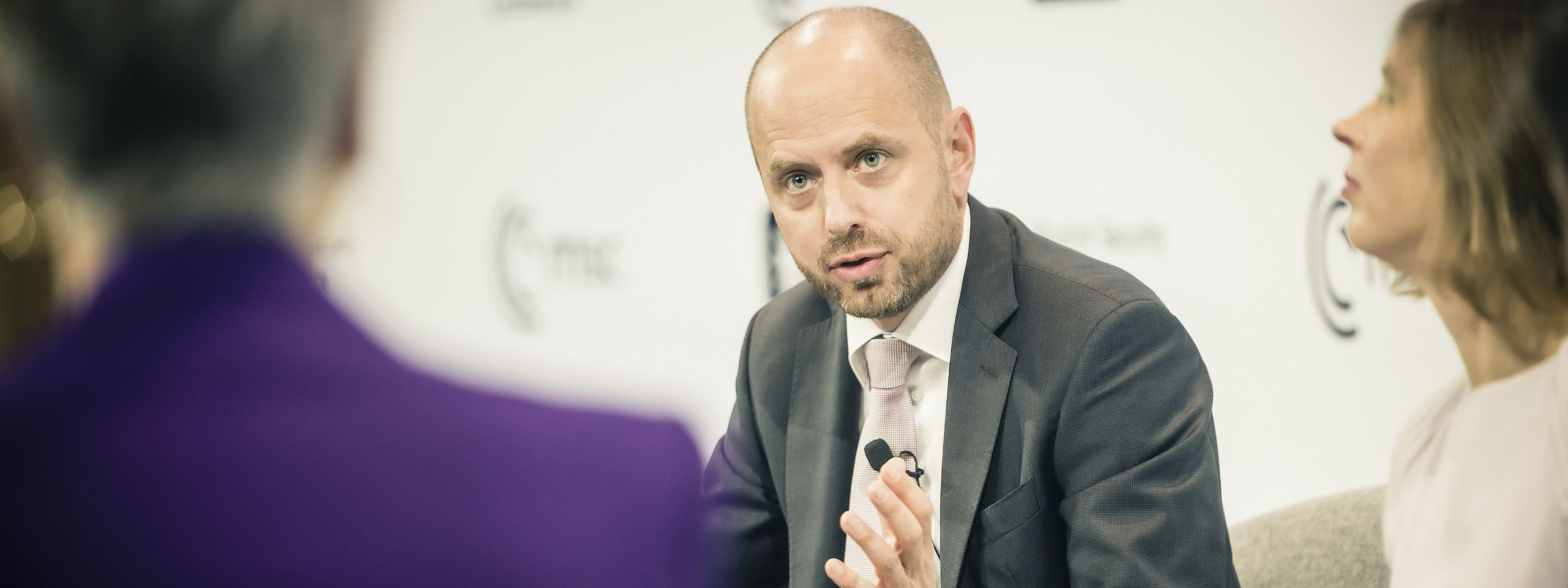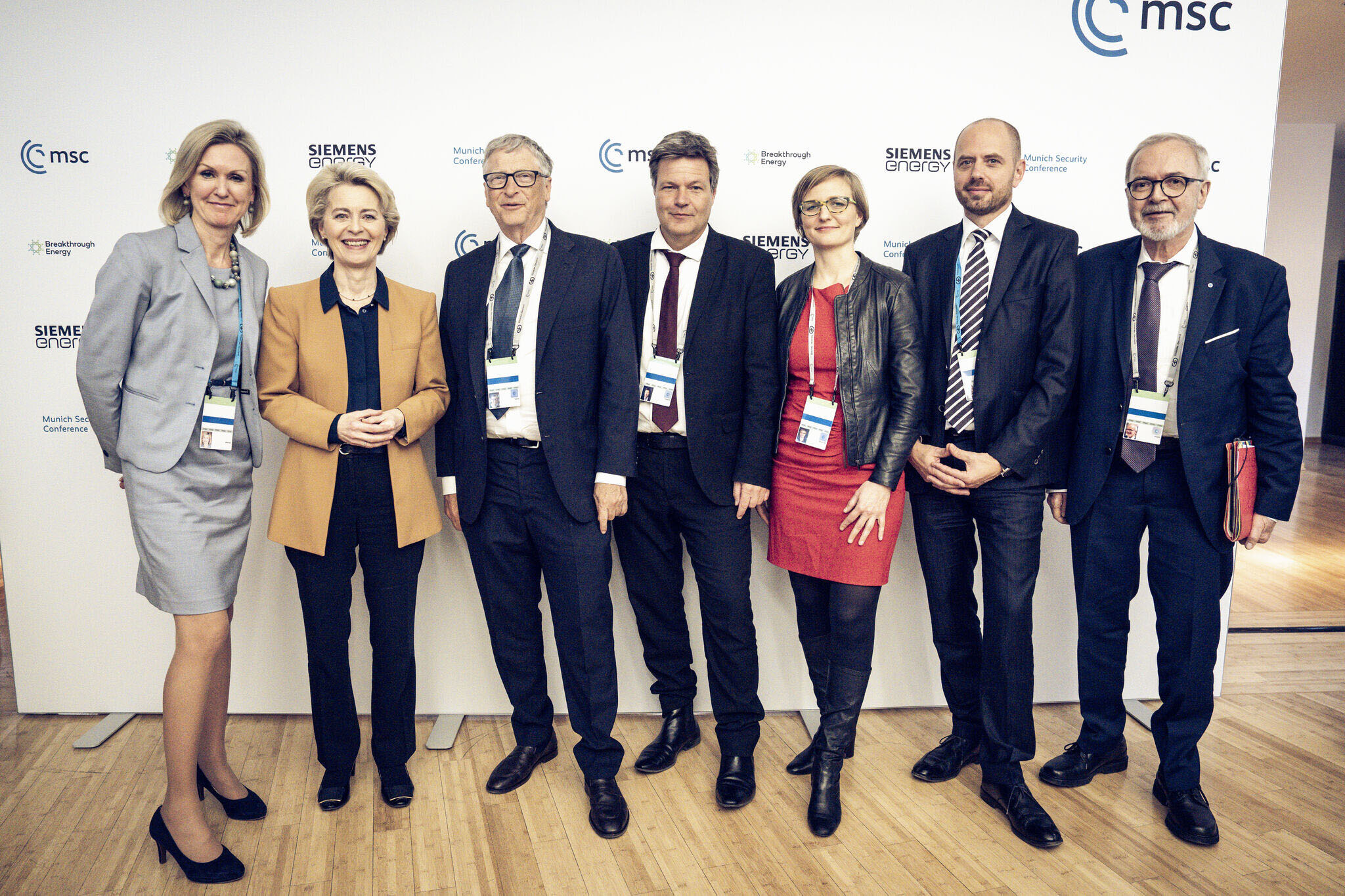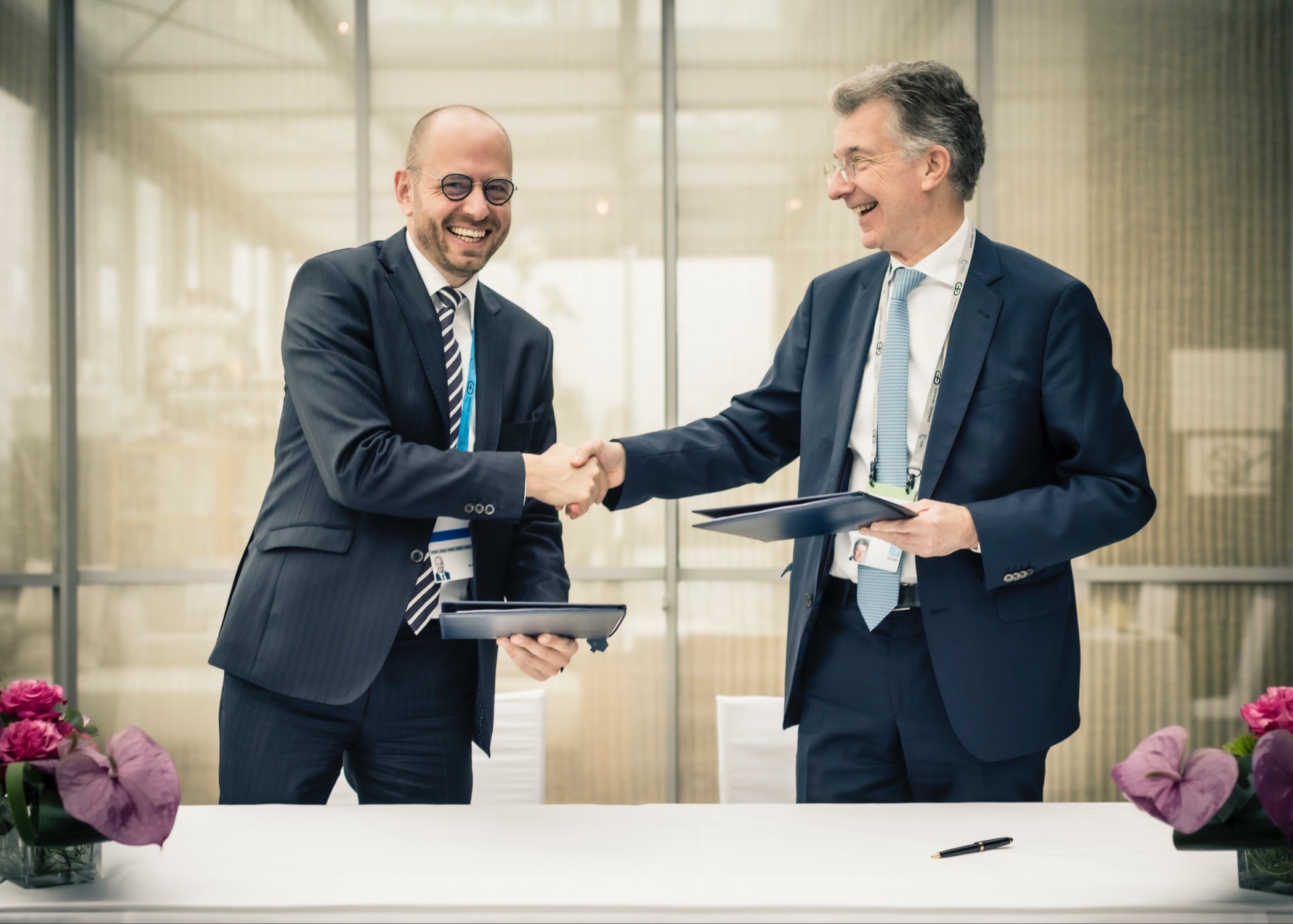
We approach the one-year mark of the most severe challenge to global security in decades. The brutal invasion of Ukraine has shaken foundational democratic principles to their core and brought into focus a factor that we had previously taken for granted: the availability of energy. Over the past weekend, the Munich Security Conference (MSC) has proven a timely opportunity to take stock of the political, business, and social security landscape. I want to use the space here to share some of the essential discussion points of the last few days in Munich.
If there is one thing we can conclude from the recently published Munich Security Report, it is that the world has become a riskier place. The ripple effect of the war in Ukraine has been felt far beyond European markets with widespread consequences. One of the most significant ramifications has been met by the energy sector. The weaponization of energy by turning gas taps on and off has made energy the number one security factor worldwide. Elevated energy prices are currently, for example, a key factor for surging food insecurity and poverty in developing countries. While Europe has weathered the initial shock of a gas crunch well, the past year illustrated the critical role of energy security in maintaining global stability. As laid out by various state leaders and experts over the past weekend, there is no energy security without energy resilience. What it requires now is action.
45% of the technologies we expect to take us to net zero by 2050 are not ready for today’s market. Many are still in the prototype phase and need to be scaled up and implemented. Why is this important? Because energy innovations that support net zero will also make us more secure.
Innovation is not only something for technological nerds, it is something that is essential […] for turning war into peace.
Wolfgang Ischinger
President of the Foundation Council of the MSC at MSC Innovation Night
For this reason, Breakthrough Energy and Siemens Energy, launched The Energy Resilience Leadership Group over the MSC weekend: An initiative to harness the power of startups and scale technologies that will make Europe less dependent on gas.

From left to right: Ann Mettler, Ursula von der Leyen, Bill Gates, Robert Habeck, Franziska Brantner, Christian Bruch, Werner Hoyer
As I have stated before, in every crisis there is also an opportunity. The energy transition is the most significant investment program since the industrialization, and we should make use of it. Balancing energy sustainability, affordability and reliability is an extensive undertaking. That is why the following five points will be crucial to clear the way:
- Expansion of renewables: It is essential that the use of renewable energies is massively increased worldwide by 2050 – tripled in the USA, tripled to fourfold in Europe, and tenfold to even 30-fold in the Middle East and North Africa. We can only achieve such gains if the framework conditions are right and regulatory barriers are simplified. Utilizing the MSC Innovation Board and NATO collaboration, we will identify practical solutions for these roadblocks and develop practical ways for industry, academia and public policy to collaborate more closely.
- Improve energy efficiency: The continuous increase in energy demand due to economic growth and population increase counteracts all current efforts to reduce emissions. Therefore, the first and most important task is to conserve energy wherever possible.
- Strengthen the grid: The rising share of renewables and increasing electrification require a much faster expansion of transmission networks – especially in the US, the hurdles of which were outlined by Bill Gates over the weekend. His article Why you should care about transmission describes this in more detail.
- Use the existing infrastructure as a bridge: It can and should be used – even if it is based on conventional technologies – to bridge the gap. We will need to use the existing infrastructure to keep the balance between the security of supply and the sustainability of supply to keep people warm and energy affordable.
- Get a handle on the supply chain and the necessary minerals: More materials and minerals are needed for the energy transition. Ensuring access to them is the basis for the energy transition's success worldwide.

Signing of renewed contract between the Munich Security Conference and Siemens Energy with Christoph Heusgen, Chairman of the MSC
The past year has underscored the critical role of partnerships, democratic leadership, and dialogue. This is why the Munich Security Conference is essential in providing a platform for debate and connecting peers from across the world. I look forward to our continued partnership. By being innovative and working together across sectors, industries, and countries, we can create a more resilient and secure energy future supporting global stability and, ultimately, a more peaceful world.
By Christian Bruch on February 21, 2023
